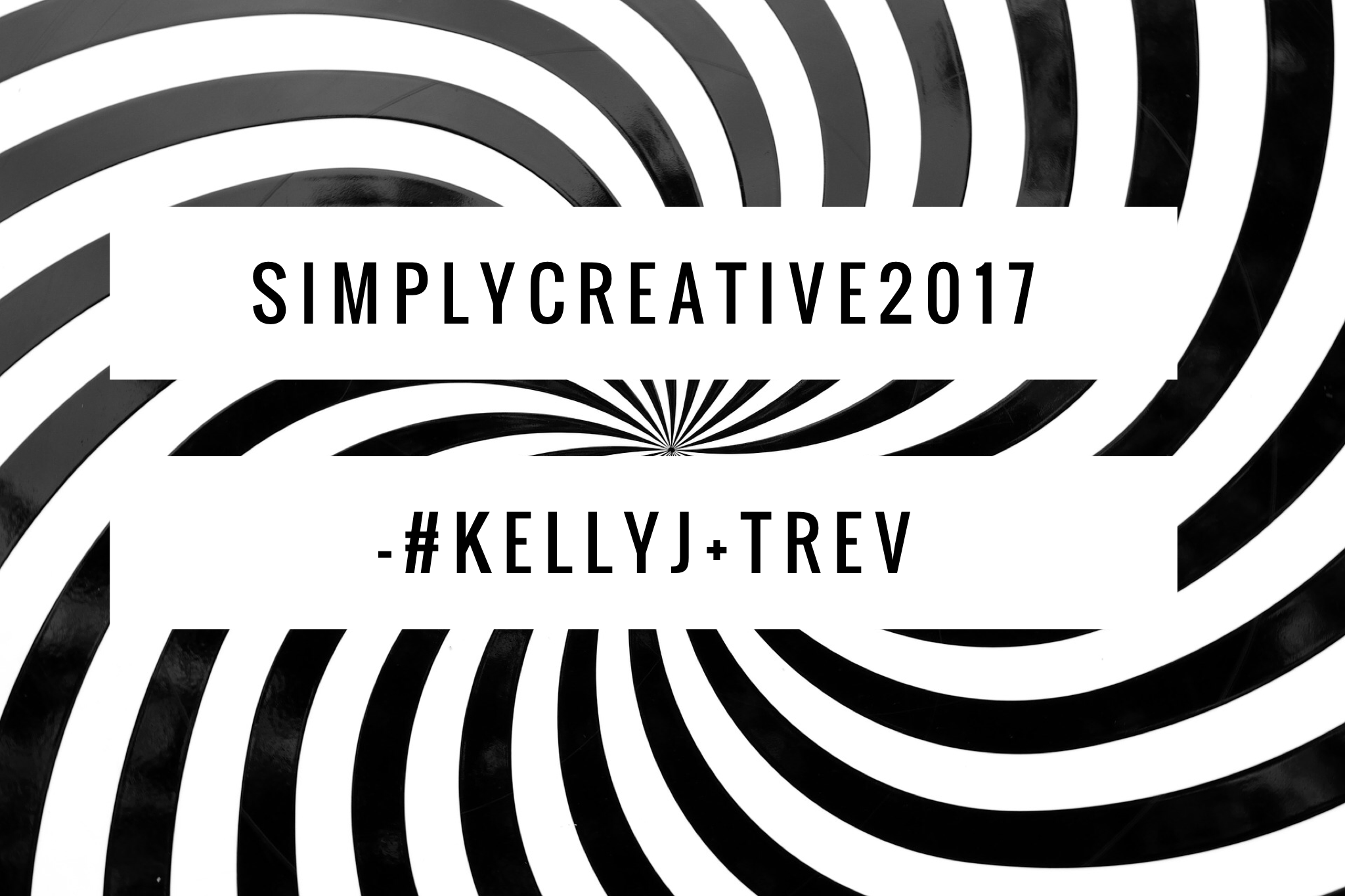It may not be easy, but we can learn to fully accept things about ourselves that we don't necessarily like.
Self-love is not about vanity, selfishness, egocentricity or arrogance.
It is about caring for ourselves, knowing and taking responsibility for both our strengths and weaknesses.
When addressing the object of self-acceptance, as the focus is on 'self' the danger is that we can become too self-centred.
It is important to have a healthy balance between our attitude to self and our attitude to others.
After all, no one ever hated their own body, but they feed and care for their body, that as Christ does the church (Eph. 5:29).
Yet we are able to 'love one another' (John 13:34)
A healthy self-love is not about putting our own needs first.
Being preoccupied with ourselves means taking our eye off God, and turning off a desire to extend unselfish love to others and live a life to the glory of God.
As we continue this journey, we need to spend time examining 'self', keep the following scripture in the back of your mind.
Greater love has no one than this: to lay down one's life for one's friends. (John 15:13)

Personal Reflection:
The hustles and bustles in life mean that all too quickly we can become engulfed into the manic mania in which we live.
The everyday stresses that impact our thinking, our emotions, and how we conduct ourselves in society.
Do you have a stressful job, deadlines to meet, meetings to attend?
Are you reliant on public transport, and it always being late, and then the road works! Errr! How annoying.
And this has all happened first thing in the morning.
When have we checked in with ourselves or asked a friend if they need some help getting to work, or help carrying something from their car as they have lots.
Do we recall someone vulnerable that person may need someone to talk too, grab a coffee with them and actively listen to them.
Most probably not. We haven't the time. We are too busy in our own little bubbles to look at for others.
This Self-Love is something I've not really done before. It's made me stop and think…
There's so much more to life that I'm yet to see, as I've become a spectator of life, just watching the world go round, and not actively engaging in any opportunities that have come before me.
My invisible illness seems to have swallowed me up, then spat me out, and now I'm ready to try and build a fruitful life for myself and my family, and friends.
What's you view point?














